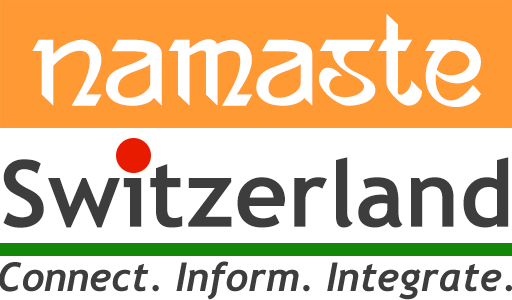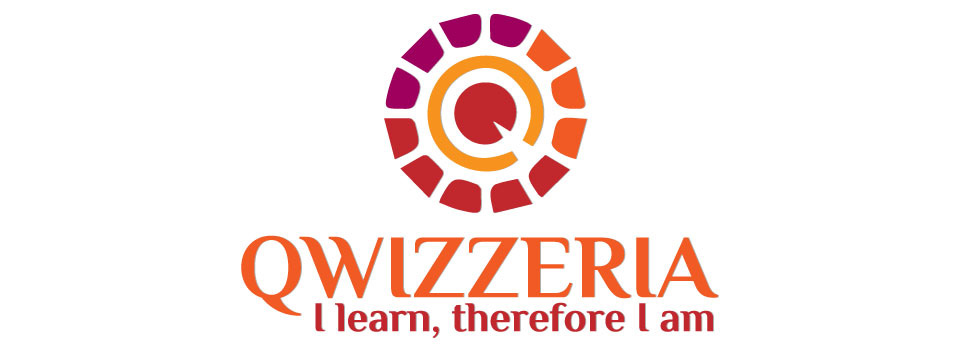Switzerland is a small country with only a small amount of land available for accommodation. Around 65% of the population lives in rented homes – and preferably in cities. Hence, the real estate market is in high demand and the prices are steep.
Homes in Switzerland are smaller and expensive. Most apartments have a sizable cellar for storage. Houses are more common outside of cities, in satellite towns and more rural landscapes.
The basics
In Switzerland, properties are defined by the number of rooms (bathrooms do not count). A small room usually gets a ½ added to it. For example, 4.5 room apartment means a living room with an open kitchen, 3 bedrooms, and 1 or, if you’re lucky, 2 bathrooms, with or without an open balcony. The living area is measured in square meters.
It is important to know that you will need come up with a rental deposit, usually 1-3 times the monthly rent, depending on the area and size of the rented property. Rent is deposited at the beginning of each month. You might not be considered a suitable renter if your monthly income is less than 1/4th of the rent. Some employers are known to help out with the deposit amount if you have arrived newly to Switzerland.
It is interesting to note that properties are typically rented unfurnished, most times even without light fittings. It is wise to install the lights during the day before you move in. It is normal to use common laundry facilities in apartments. Each apartment has different laundry rules.
Location, location, location!
Before you set out to search for a residence, it is good to decide upon certain factors.
- Proximity to work – how important is it for you to you live close to your workplace? If it is, your search might be limited. It is not uncommon for people in Switzerland to travel for an hour to work.
- Proximity to public transport – even if you own a car, proximity to public transport will be useful in the long run; especially if you live in the city. Traffic can be unpredictable and public transportation in Switzerland is both excellent, reliable and very efficient.
- Neighbourhood – although Switzerland is relatively safe and there is no “bad” neighbourhood really. If you have small children, you might want to live close to kindergartens/schools/open play areas – and in more family-oriented accommodations as against rentals for single people and couples or older people.
- Some of the other factors to consider are taxes (each canton has different taxes) and lake/mountain views
Get your documents in order
It is essential that you have all your documents ready even before you start searching and/or sending out your applications of interest. Have the following documents ready and it is a good idea to carry a copy of them, and a pen with you when you go to view the property.
- A letter of reference or indication of employment from your employer
- Salary certificate for last 3 months
- Residency or visa status (carry a copy of your and your spouse’s permit)
- Copies of passports and visas
- Letter from the Debt collection register if you have lived in the country for more than 6 months. You can order an extract online at debt collection portal accessible on the website of the Federal Office of Justice. Simply complete the form online, print it out and send it to the relevant debt collection office by post. An extract normally costs CHF 17 plus postage.
Quick tip: A letter to the property owner/agency with your family’s brief details, along with a family photo is usually well received.
Properties are usually rented out at first come-first serve basis, provided you fulfil the landlord/agency’s requirements. Open days for viewing a property are usually crowded, as each property dealer/manager/administrative person/caretaker or owner receives a number of applications. So, it’s a good idea to fill in the application form and submit it along with the documents, so that you are on top of the list of applicants.
How to search for a property
Finding a rental property can be time-consuming especially in cities such as Geneva, Lausanne, Basel and Zurich. Please be persistent, and be prompt and punctual when you go to see the property as soon as you find what you like.
- Search online
- www.homegate.ch. The “Search Subscription” feature in Homegate is very useful. Once you create a login, you can save a search subscription and the website sends an email as soon as a property that matches your search gets uploaded. This helps you take quick action.
- www.immostreet.ch
- www.immoscout24.ch
- Check the local newspaper
- Contact estate agents
- Tell everyone you know
- Consider a sub-let
Yay! You got your dream home!
Once you know that you have been selected as the renter, you will have to sign a rental agreement. It will typically have the following or more.
- Rent and maintenance
- Tenancy start and end date
- How and when you would need to give a notice before you vacate
- Detailed property inventory
- Tenant rights to shared services
- Quiet hours
- Any other house rules
- Starting and ending a tenancy
- Third party liability insurance
- Handover with inspection report – This will contain all existing damages/repairs to the property. Do pay careful attention to this report, and make sure to report any discrepancy in a week or so.
- Don’t forget to identify all keys on the property and check that they fit, check basement storage and see your reserved parking place.
- Please take good care of your house keys during your stay. Replacing them can be painfully expensive.
Vacating a property
You might want to vacate your current place for various reasons. But it’s not as simple as telling your landlord or the administrator (Verwalter) or caretaker (Hauswart)that you’ll be moving out next week or fortnight or month, or even a year down the line! There’s more to that.
Notice
Tenancies in Switzerland usually start or end in quarters. It is usually not possible to change properties during Christmas and New Year. A rental agreement must be terminated with a letter or notice sent by registered mail and must be signed by all the tenants listed on the lease agreement. Emails are not considered to be an official enough.
Notices are expected to be given 3 months in advance. However, tenancy transfer is common, but the caretaker or landlord or his agent have the right to select or reject your recommendation. If your suggested renters are rejected, you might have to, pay the rent for the notice period.
Repairs and cleaning
When you move out, you are required to return the rented place in the original state. So you will have to fill the holes you drilled to hang up your photos and paintings, remove your light fittings, etc. Please make sure you return the property in the same condition as when you first moved in. The handover report that you received at the time of renting this place will be useful.
Do a complete clean up of the place – as if no one ever lived there! The house ‘Verwalter’ (administrator) or ‘Hauswart’ (person in charge of housekeeping and maintenance) will come and do a thorough check – including swiping his finger on the top of your door frame, looking into the exhaust system for traces of smoke or grime.
Most landlords/agencies expect the property to be professionally cleaned before the handover. When looking for a cleaning company, make sure you have a “fixed price guarantee” upon successful handover to the landlord.
Signing the final report
The landlord/agency will make a thought inspection of the property for new damages and cleanliness after it is completely empty. Make sure your cleaning agency is present during the handover so that they can take care of any cleaning disputes.
It is possible that you might be asked to pay up for certain damages. Once both parties are in agreement, you can sign the final report and return all the keys.
It can take around 3 months for the rental deposit to be returned to you.
Your rights as a tenant
Tenants in Switzerland are well protected. Swiss tenants associations like ASLOCA/Mieterverband offer free legal consulting to its members. Every canton has cantonal, regional or communal conciliation authorities that provide advice to tenants and landlords.
We hope this article helps you in finding your dream home in the Alps.
The information provided in this article provides guidelines on renting properties in Switzerland. The information is provided without warranty of any kind. The author and website disclaim any responsibility or liability in connection with the use of this information as it is generalized and not locality specific. In addition, rental laws are subject to change over course of time for which we take no responsibility.
Disclaimer: Namaste Switzerland does not undertake any financial/reputational/legal/misrepresentational impact or other obligations/liabilities that may arise from the content.
Please note: Systems and laws change. We do not confirm the validity of the content at all times.












